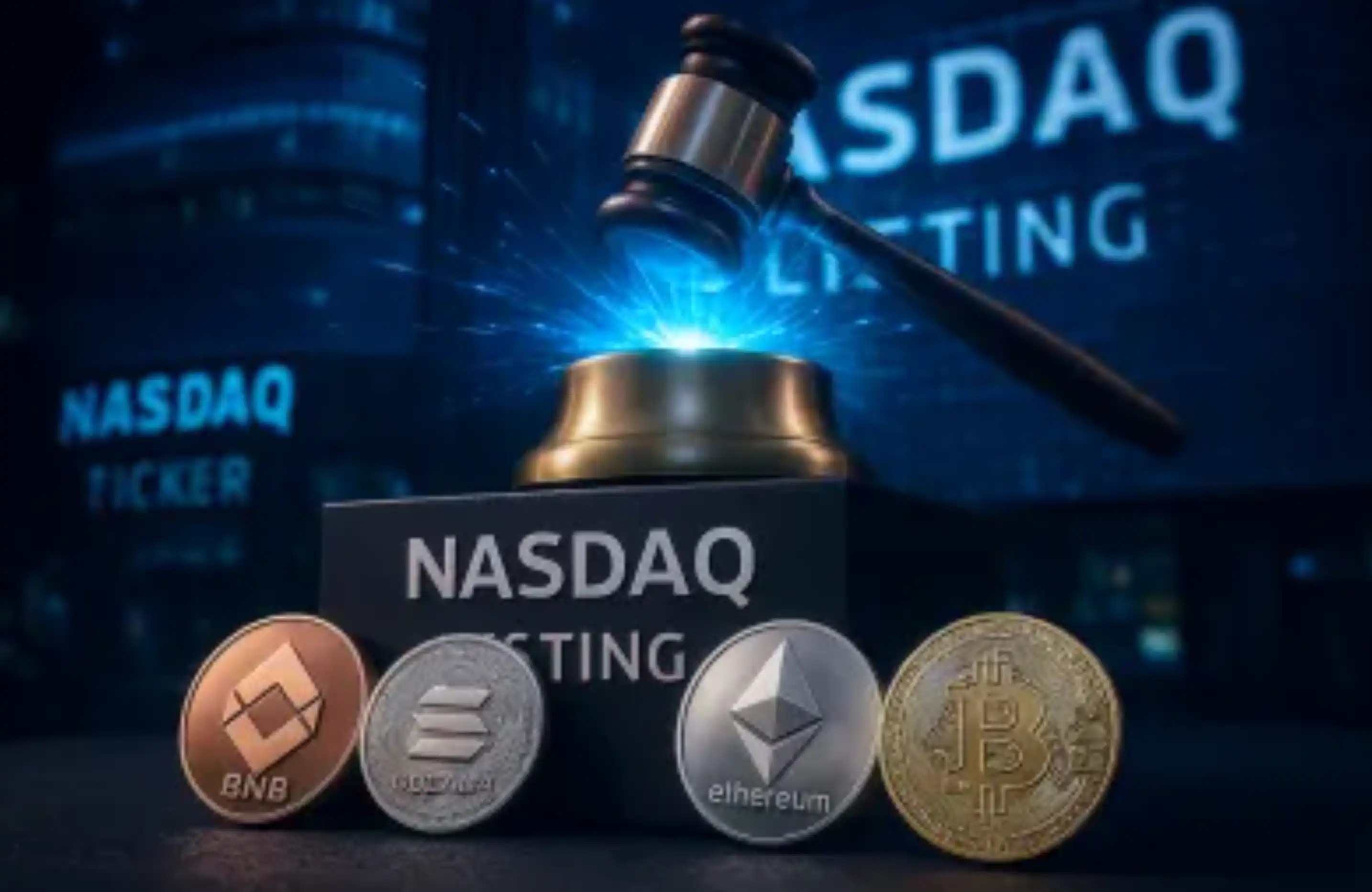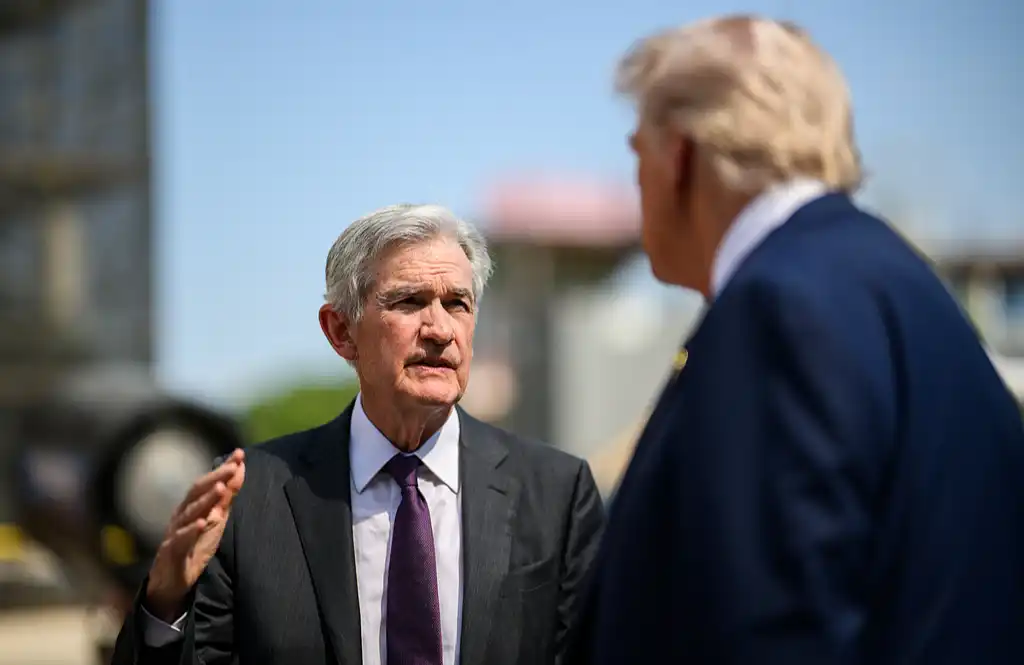MyStonks CMO Keaton Hu: Stocks and Bonds Will Be the Most Promising Area for RWA in the Current Stage
Source: MyStonks
On September 2-3, the highly anticipated "10th Taiwan Blockchain Summit 2025," focusing on blockchain and financial technology in both Taiwan and mainland China, was held at the Dahan District, Taipei City, at the NTUH International Center for Academic-Industrial Cooperation. This year's summit, centered around "deX," collaborated with the "Taiwan Fintech Trends Forum" and "Taipei Blockchain Week" to create a cross-week industry event.
The summit was organized by the Taiwan Blockchain Enthusiasts Association, co-organized by the Digital Asset Development Research Center, the Taiwan Virtual Asset Anti-Money Laundering Association, and the RWA Technology and Service Alliance. It was supported by the Taiwan Asia Pacific RegTech Association, the Institute for Information Industry FinTech Center, the Taiwan Digital Trust Association, and the NTU Risk and Insurance Management Research Center. The event also had collaborations with Binance, MyStonks, Sundial Protocol, BSOS, Sumsub, Slasify, and Zodia Custody to provide comprehensive support.
Keaton Hu, the CMO of the US stock token decentralized trading platform MyStonks, was invited to speak at the summit. On the afternoon of September 3 in the "TechFin: Best Practices in the Tech-Finance Industry" session, he participated in the roundtable discussion on "Building the Financial Industry and RWA Development Blueprint," where industry peers discussed the ecosystem development and future path of Real World Asset (RWA) tokenization.
Reportedly, the "TechFin: Best Practices in the Tech-Finance Industry" session was organized by the RWA Technology and Service Alliance, bringing together international institutional representatives such as Japan's SBI Holdings, the decentralized asset protocol Ethena, and the Singaporean regulatory-compliant RWA trading platform DigiFT. Other guests included BSOS, an Asian blockchain financial infrastructure promoter backed by Tether investments. The session aimed to promote RWA technology implementation and industry collaboration through global best practice sharing.
As a core member of MyStonks' management team, Keaton Hu brings rich experience in digital asset marketing strategy, Web3.0 ecosystem user operations, and cross-regional industry cooperation. In the "Building the Financial Industry and RWA Development Blueprint" discussion, he explored key topics such as RWA asset lifecycle management, on-chain right certificate design, liquidity mechanism optimization, and financial inclusion practices. The discussion was moderated by the Honorary Chairman of the Taiwan Bitcoin and Virtual Asset Development Association, Hung-Yu Lin, and other guests included Sundial Protocol CEO Frederik Markor and BaaS Innovation Strategic Advisor Nicholas Yang, among other industry veterans, providing practical and forward-thinking insights for global RWA ecosystem development.
In the forum, Keaton Hu discussed key success factors of Real World Assets (RWA), compliance practices, future trends, and regional regulatory environments, sharing practical and forward-looking industry insights.
When addressing the core elements of successful RWA implementation, Keaton Hu highlighted that high-quality and highly liquid assets are foundational. He stated that assets with intrinsic recognition and high trading demand, once tokenized on-chain, are more likely to generate trading activity and may even exhibit a significant network effect—where the trading volume of some popular assets can account for up to 70% of the platform's total weekly trading volume in extreme cases. The value of this effect lies in RWA's ability to break down traditional financial border restrictions, allowing global users to participate in high-quality asset trading using tools like stablecoins, while assets with low liquidity and recognition struggle to survive in the on-chain ecosystem.
Regarding the common focus on compliance and regulatory risks in the RWA field, Keaton Hu proposed a practical approach of "solidifying the foundation within the existing framework and proactively engaging with regulation." He believed that the policies of emerging industries often lag behind industrial development, and companies should first establish basic barriers based on existing compliance requirements, such as implementing anti-money laundering measures and user identity verification, to avoid conflicts with the current regulatory system. He also cited examples of different regional regulatory practices, mentioning that Hong Kong, due to its heavy reliance on the financial industry, adopts a more cautious pilot attitude towards RWA; whereas U.S. regulatory agencies are more innovative, not only clarifying directions through relevant laws but also willing to communicate policy details with companies. Even though the current regulations are still incomplete, they can achieve accountability through existing legal frameworks, creating a more favorable environment for the early development of the RWA industry.
Looking towards the future direction of the RWA track, Keaton Hu believed that stocks and bonds will be the most promising areas at this stage. He explained that these assets are already the largest in global trading volume and have the highest value recognition, requiring no additional market education. Solving compliance and on-chain transaction efficiency issues can lead to rapid implementation. Regarding emerging directions like synthetic assets, he mentioned that although technological advancements may foster more liquid targets, it's still difficult to predict at this stage. The integration of traditional high-quality assets with the Web3 ecosystem remains the mainstream trend in the short term.
In terms of regional regulatory recommendations, Keaton Hu also mentioned the opportunities and challenges in Taiwan's RWA development. He believed that Taiwan has already initiated experiments in fund tokenization, with a clear direction of regulatory openness. If the policy advancement pace can be accelerated, it is expected to attract more institutional investors and high-quality projects, further activating the regional RWA ecosystem.
About MyStonks
As a representative platform in the global RWA track, MyStonks focuses on "compliant on-chain asset trading" as its core positioning. It is dedicated to bridging the traditional U.S. stock market with the Web3 ecosystem, aiming to become a core player in the current on-chain stock trading field through a mature compliance architecture and innovative product matrix, striving to build a world-leading on-chain stock trading market.
Regarding compliance qualification, MyStonks has established a multi-dimensional compliance barrier: not only does it hold a Money Service Business (MSB) license issued by the Financial Crimes Enforcement Network (FinCEN) of the United States, ensuring the compliance foundation of cross-border financial services; it has also successfully completed Securities and Exchange Commission (SEC) Security Token Offering (STO) filing, becoming one of the few platforms recognized by the U.S. securities regulatory authorities, providing key policy support for the compliant issuance and trading of U.S. stock tokens, fundamentally safeguarding the legitimacy and security of user asset transactions.
MyStonks has listed 180+ U.S. stock tokens, fully covering top global tech and consumer targets such as AAPL, AMZN, TSLA, achieving the on-chain coverage of core assets in the traditional U.S. stock market. The platform's cumulative trading volume has exceeded $1.25 billion, the user base is close to 40,000 and continues to grow steadily, with users from various regions globally, effectively breaking the geographical restrictions and high entry barriers of traditional brokerages, allowing more investors to easily participate in U.S. stock asset trading.
In terms of product innovation, MyStonks has always adhered to a dual-driven strategy of "On-chain of Traditional Assets + DeFi Flexible Tools": in the U.S. stock token trading service, users can directly buy and sell 180+ U.S. stock tokens through on-chain wallets, without relying on traditional brokerages' account opening processes and geographical restrictions. The entire transaction is executed based on smart contracts, with real-time settlement and transparent traceability of asset ownership, achieving a "borderless, low-threshold" U.S. stock investment experience. In addition, the RWA perpetual contract product, targeting users with a higher risk appetite, has launched U.S. stock token perpetual contracts supporting up to 20x leverage, covering mainstream targets, helping users flexibly allocate long and short strategies in market fluctuations, balancing return potential with risk control.
Relying on a compliance foundation, abundant asset supply, and innovative product design, MyStonks is continuously consolidating its leading position in the on-chain U.S. stock RWA field, becoming a key bridge connecting traditional financial investors with the Web3 ecosystem.
This article is contributed content and does not represent the views of BlockBeats
Welcome to join the official BlockBeats community:
Telegram Subscription Group: https://t.me/theblockbeats
Telegram Discussion Group: https://t.me/BlockBeats_App
Official Twitter Account: https://twitter.com/BlockBeatsAsia
 Forum
Forum

 Finance
Finance
 Specials
Specials
 On-chain Eco
On-chain Eco
 Entry
Entry
 Podcasts
Podcasts
 Activities
Activities
 OPRR
OPRR







